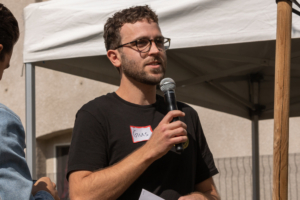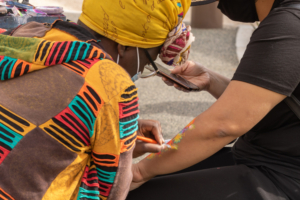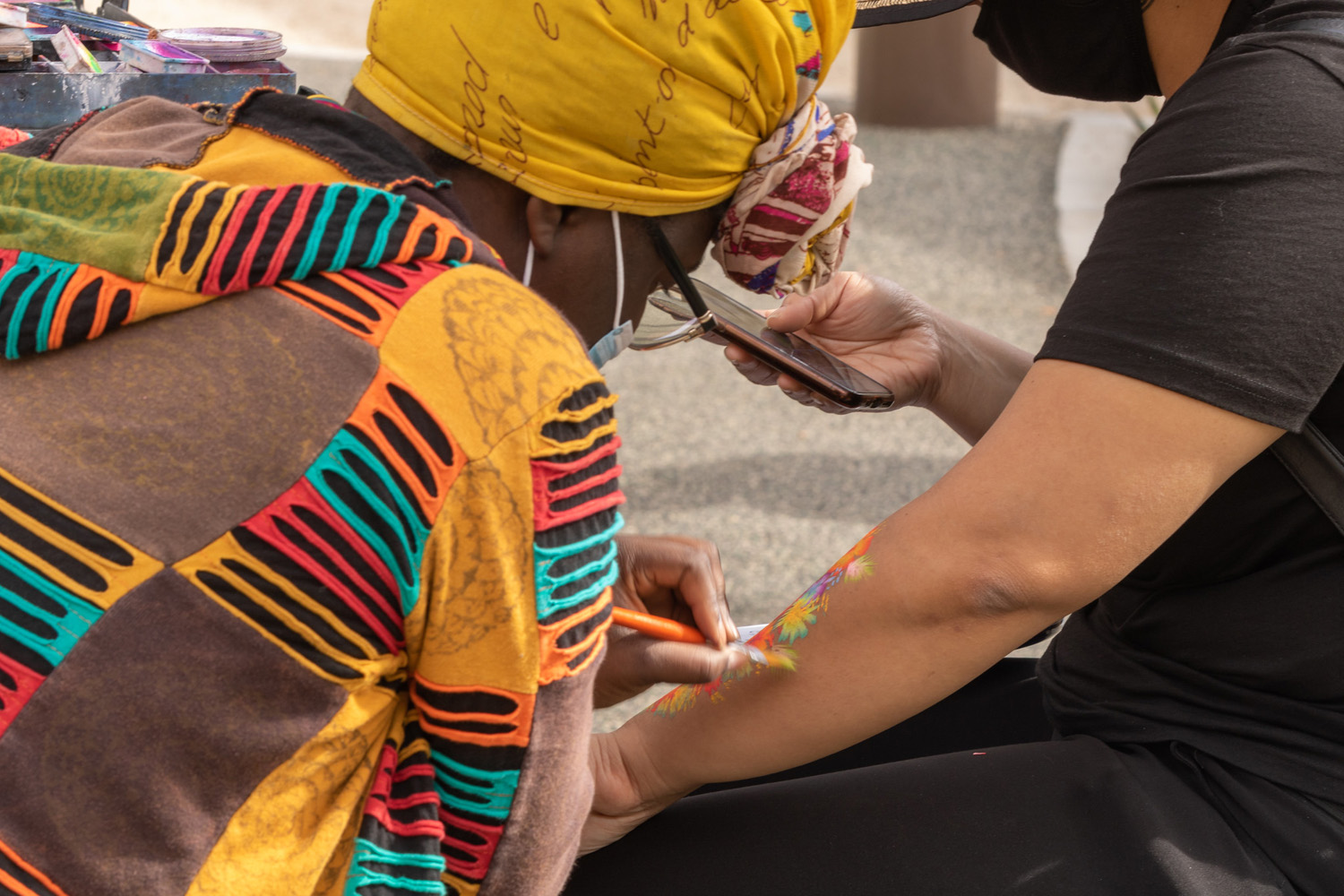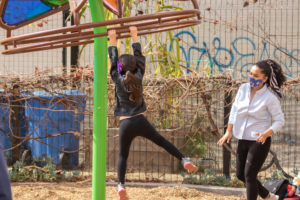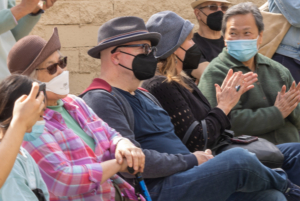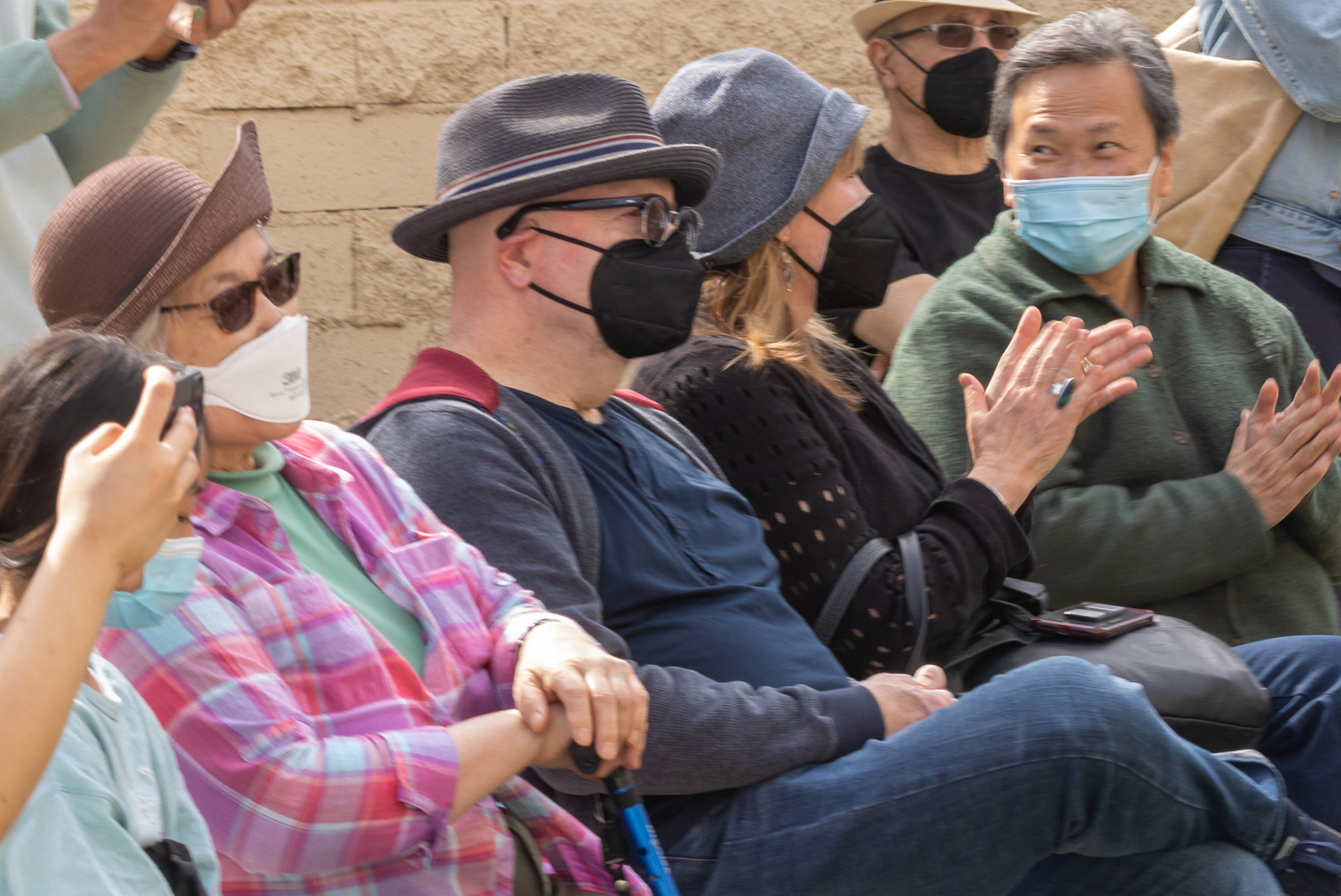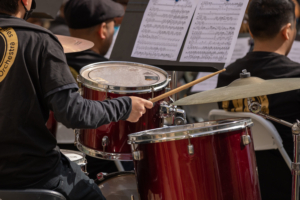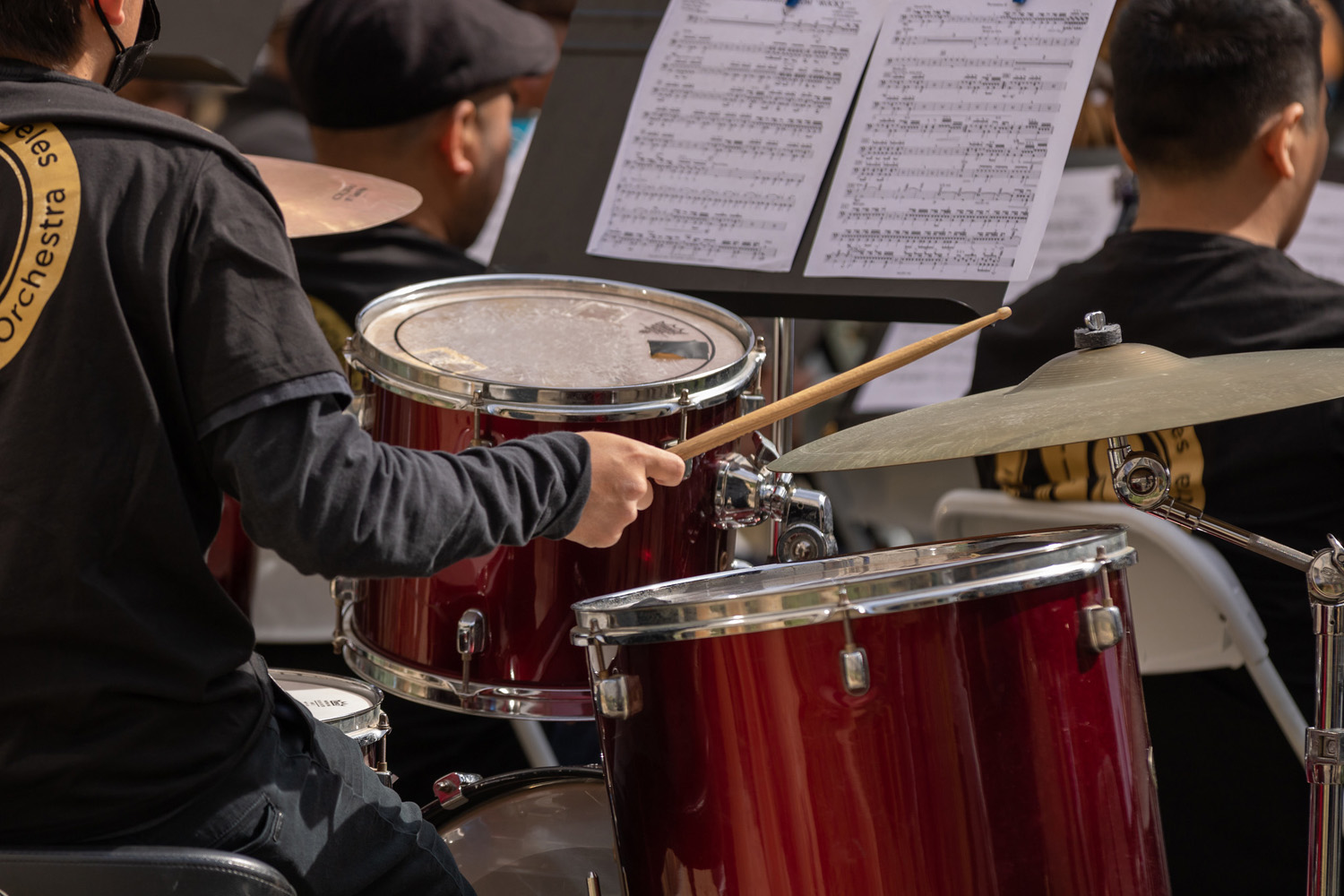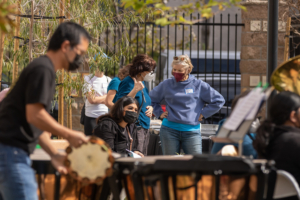L.A. Metro’s Struggle with Homelessness Is ‘Big Dilemma,’ Loukaitou-Sideris Says
Urban Planning Professor Anastasia Loukaitou-Sideris was featured in a Los Angeles Times article about Metro’s attempts to grapple with homelessness. Unhoused residents have long found shelter in the transit agency’s stations, trains and buses, but their numbers have grown as the L.A. homelessness crisis has deepened. Metro counted 5,700 homeless riders on its system last August. A study by the UCLA Institute of Transportation Studies found an increase in the number of homeless people on the Metro during the pandemic as shelters closed and commuters stayed home. “It’s a big dilemma,” explained Loukaitou-Sideris, lead author of the study. As Metro aims to revive transit ridership, many commuters are concerned about the issues of homelessness and rising crime. “The agencies to a certain extent, and rightly so, feel that they are in a transportation business, and they have to deal with a challenge that is not of their own making,” Loukaitou-Sideris said.

